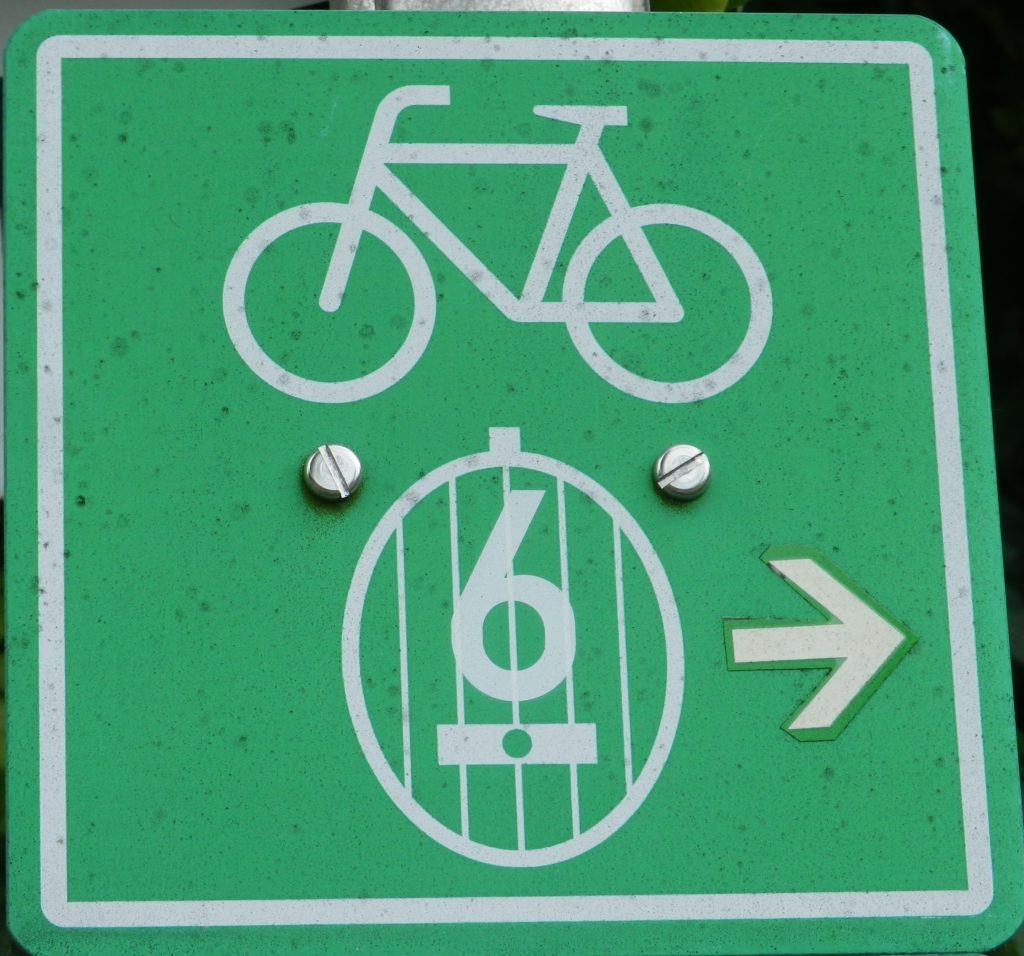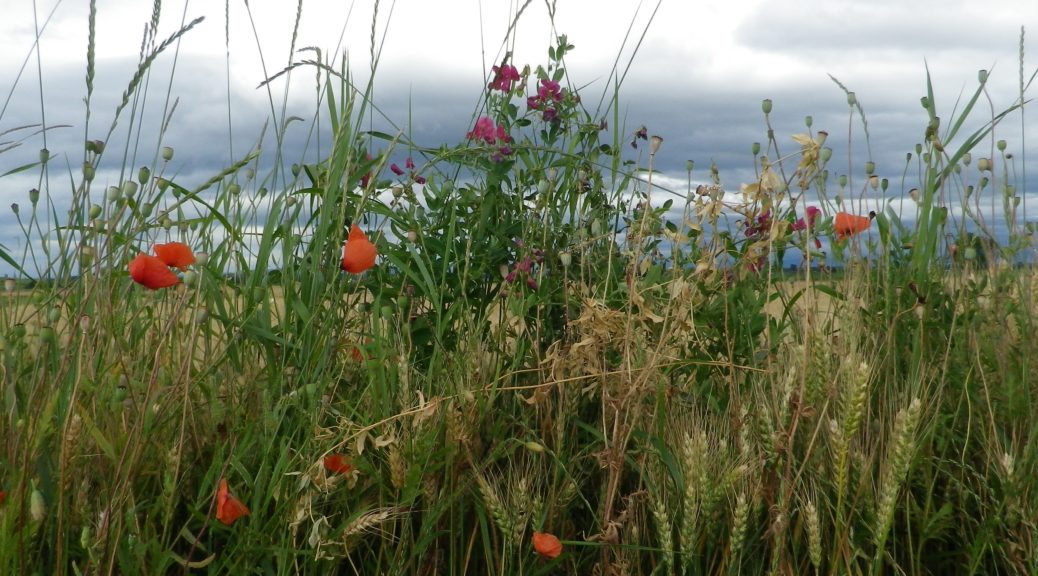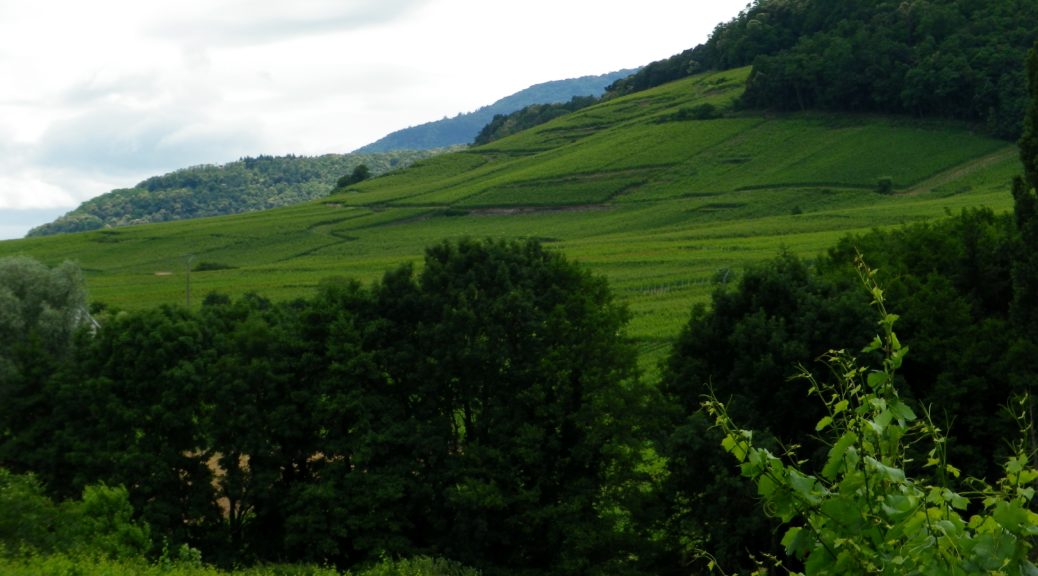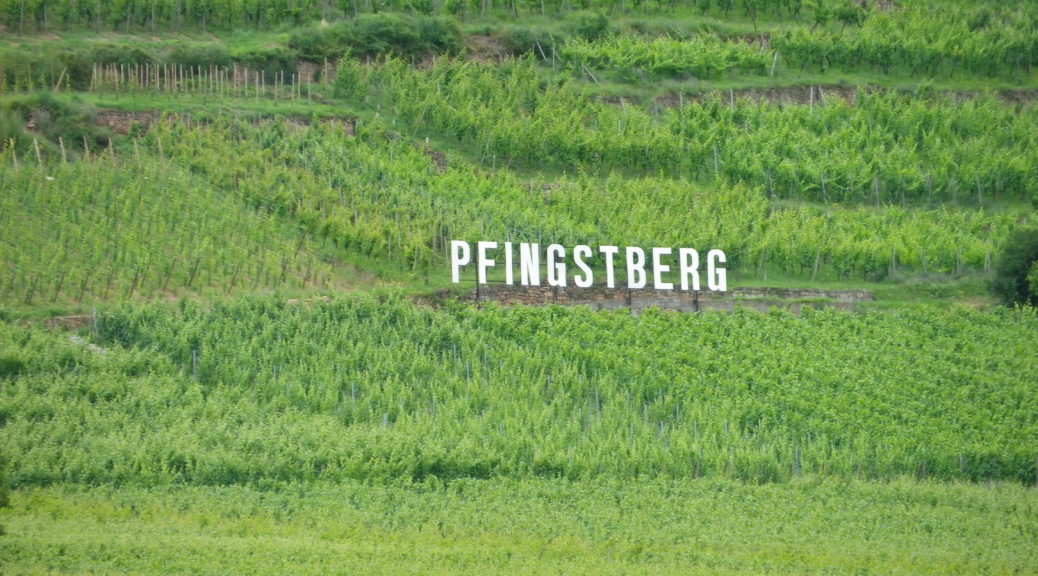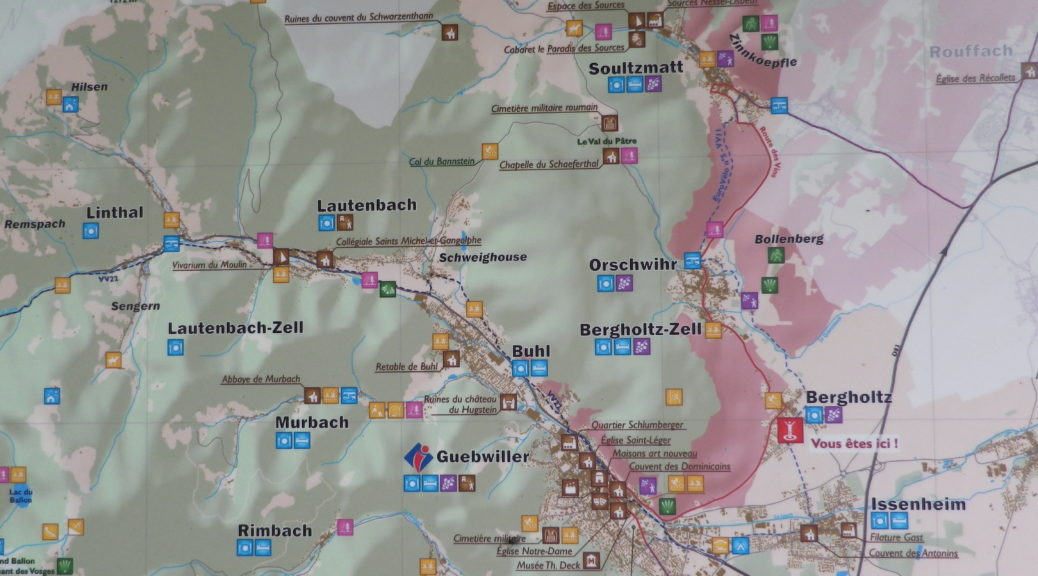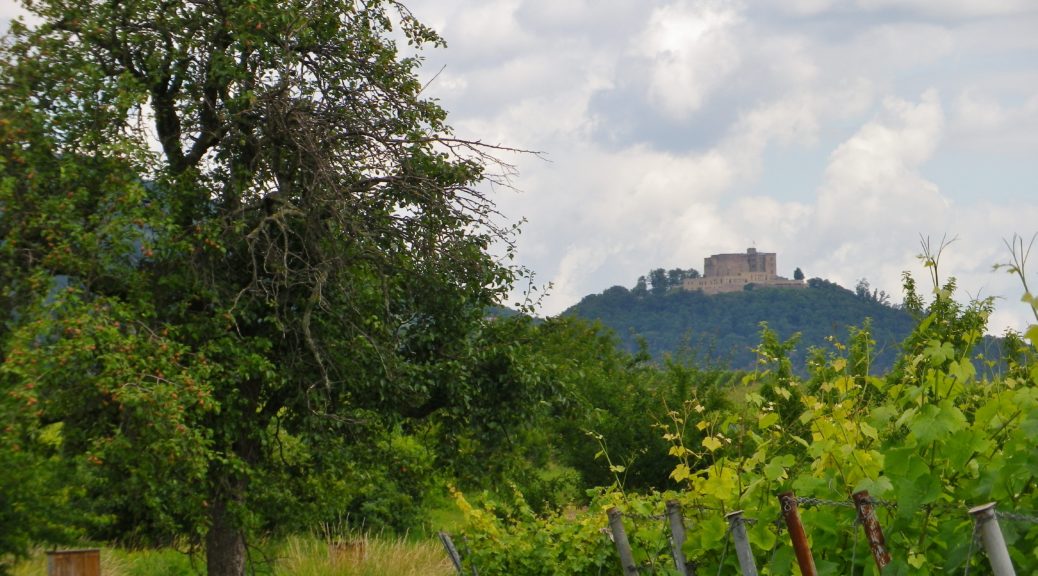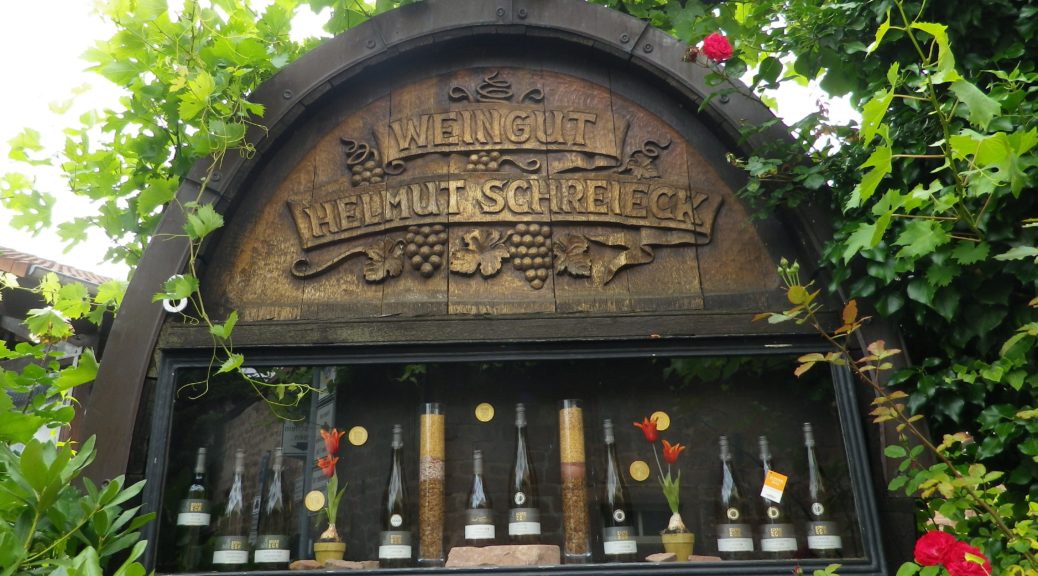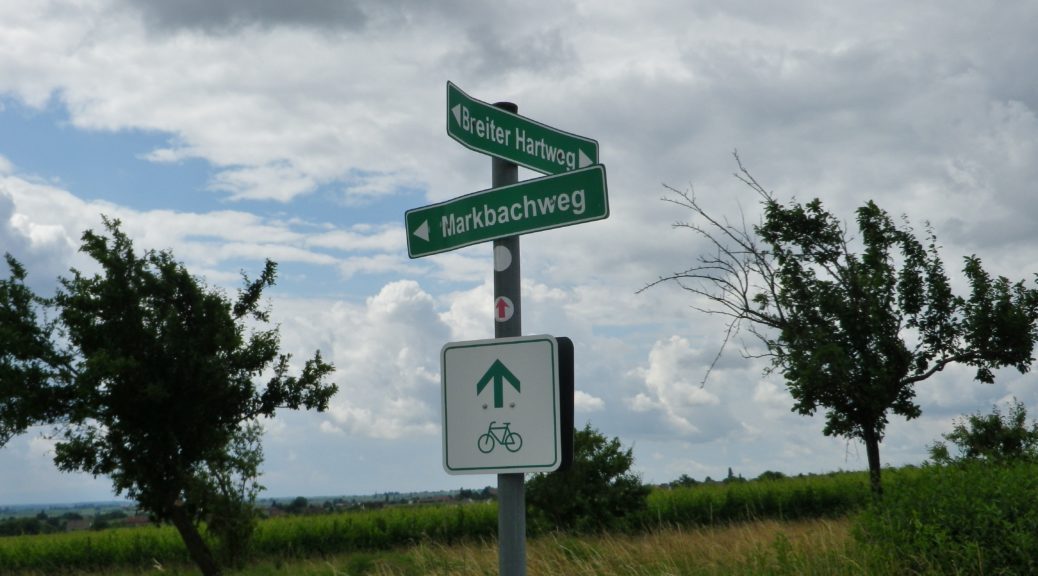Monthly Archives: July 2017
3 Grands Crus, 3 Villages, 1 Hike
Some places seem designed for vineyards, and this was one of them. Outside Guebwiller, the slopes of the foothills of the Vosges run into a small mount. Like its opposing counterpart, the Bollenberg mount itself is cloaked in vines. While the Bollenberg vineyards are well-known, more importantly, the Bollenberg itself functions as a shield for the vines on the opposite slope. Protected from eastern winds, and fully exposed to the sun, this long, albeit non-contiguous stretch of slope, has on it not one, not two, but three Grands Crus.
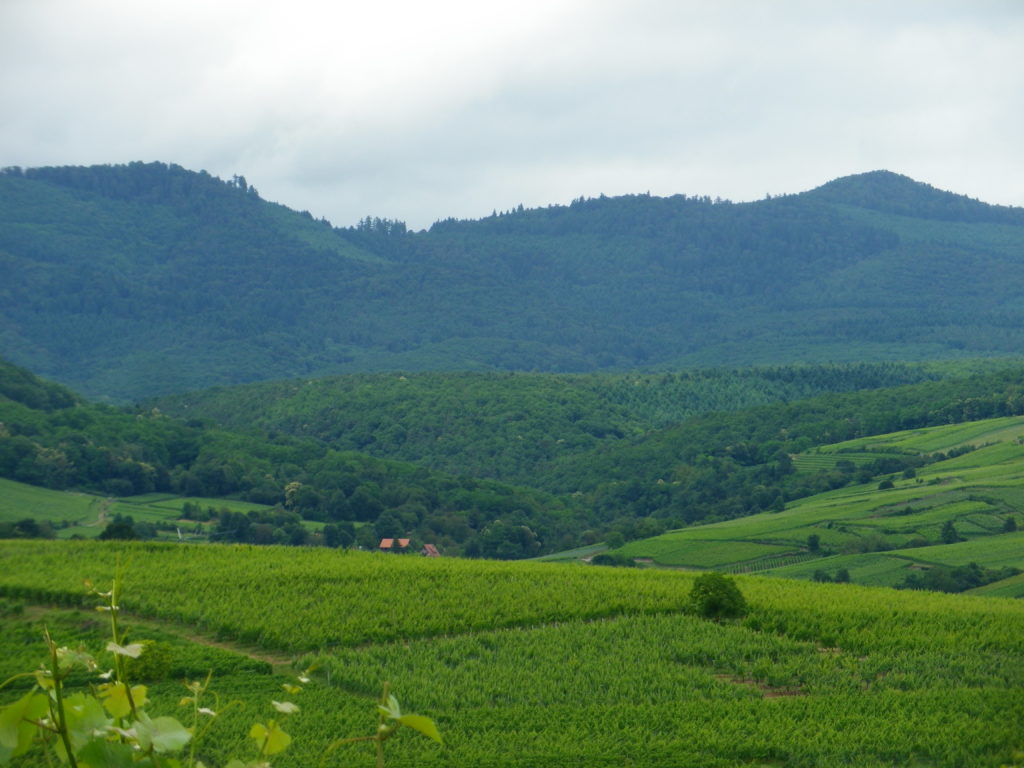
Wine Notes: South Alsace Grands Crus
What I Learned
Alsace’s wine producing region identifies certain vineyard areas as Grand Cru. The Haut-Rhin (Upper Rhine department) area is particularly favored with some great terroirs. Spread roughly north to south, many of the most well-known crus are in the northern and central parts of this department. However, around the area of Guebwiller, there are several, and this post focuses on three.
Vignoble de Bergholtz: Trail in a Nutshell
Trail Name: Vignoble de Bergholtz
Trail Type: Medium distance circuit; trail surface mostly paved, with some hard-packed earthen sections, sometimes covered by loose gravel; well maintained, but the trail itself has no designated marking.
Length: 10 kilometers/ 6 miles (2.5 hours)
Convenient to: Colmar, or Guebwiller, France
Marking: None specific to the trail
Wine Barrel Land
The Rhineland Palatinate’s Suedliche Weinstrasse wine district has long had a multi-faceted approach to its wine-making and wine tourism. From cooperatives to independent wine makers, from car routes to hiking and biking trails through the vineyards and towns where the production of wine takes place. These are not one-off trails. Rather they have been well-thought out, and are mutually supportive. One bicycle circuit I recently completed demonstrates these characteristics.
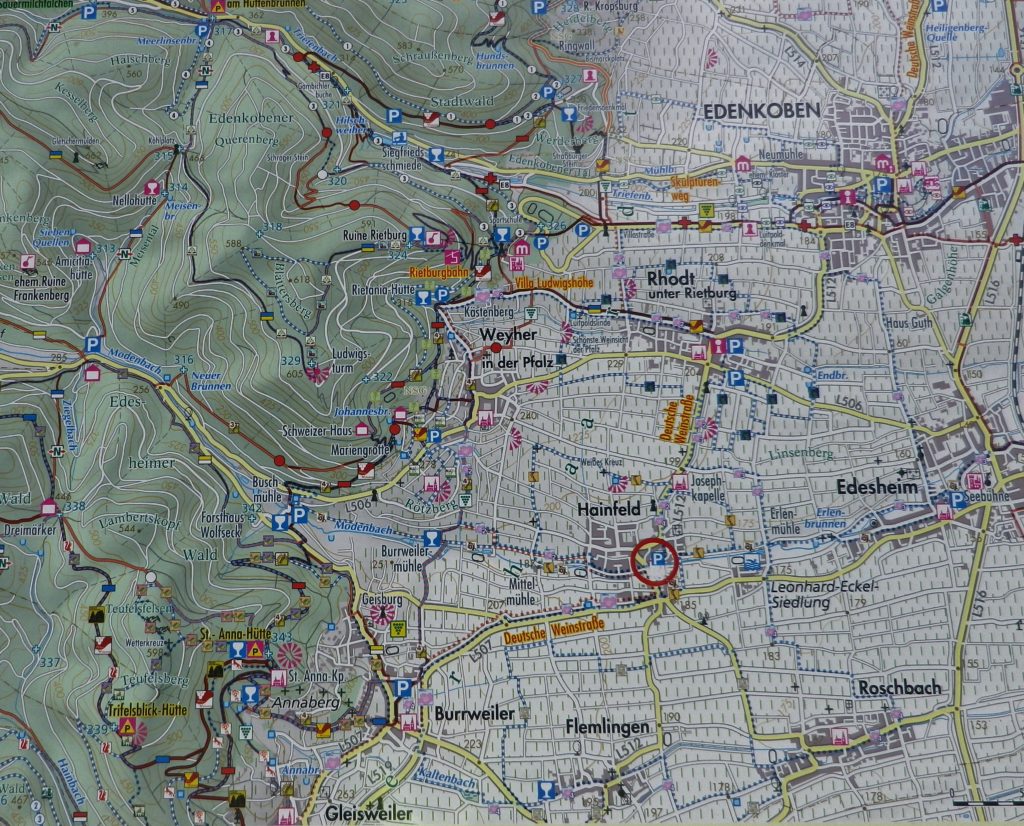
Wine Notes: Northern Suedliche Weinstrasse
What I Learned
Red sandstone is one of the most striking features of the Suedliche Weinstrasse wine district. It shows up in the scenic rock formations, in the stonework of the local castles (of which there are many), and in the vineyards. This sedimentary rock gains its color from the iron oxide present in the original deposits. As a soil base for vines, it is rather good at retaining the sun’s heat. On the debit side, it is rather poor in nutrients.
Fassboden 6: Trail in a Nutshell
Trail Name: Fassboden 6
Trail Type: Short distance circuit; almost exclusively paved, the remainder hard-packed earth; well maintained, and fairly well marked.
Length: total: 18 kilometers/ @ 12 miles (1.5 hours)
Convenient to: Landau, Germany
Marking: Green and white square sign, with white bicycle, wine barrel and number “6” in white.
